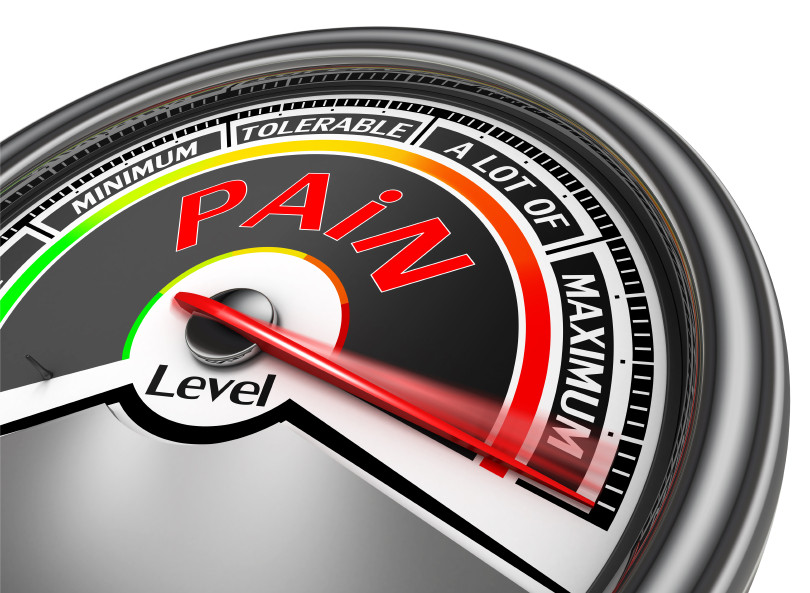
Trying to lose weight? Be careful not to lose muscle

Is your skin problem actually an autoimmune condition?

People with diabetes face higher risk of hearing loss

Antibiotic-free fixes for recurrent UTIs

Musculoskeletal syndrome of menopause: When menopause makes you ache all over

When can older women stop getting mammograms?

To lose weight, especially harmful belly fat, combine diet and exercise

Can men hold off on treating recurring prostate cancer?

The 7 types of rest and why we need them all

What are the early warning signs of cervical cancer?
Headache Archive
Articles
Migraine linked with increased risk of heart disease in women
Migraine headaches are associated with an increased risk of heart disease as well as stroke in women.
Botox injections get another nod for treating migraine headaches
In its 2016 guidelines, the American Academy of Neurology recommended the use of onabotulinumtoxin A (Botox) injections as a way to help reduce the frequency of chronic migraines.
How to handle a headache
Intermittent tension-type headaches may seem like a consequence of everyday life. Yet you can minimize and even prevent them.
Tension-type headaches can be annoying, but they can often be nipped in the bud by using nonprescription pain relievers.
Image: Digital vision/Thinkstock
Compared to migraines, tension-type headaches are a mere annoyance. They tend to be relatively mild and usually aren't accompanied by nausea or oversensitivity to light or sounds. Yet they can occasionally disrupt your day, making it difficult to concentrate on work or enjoy leisure pastimes.

Trying to lose weight? Be careful not to lose muscle

Is your skin problem actually an autoimmune condition?

People with diabetes face higher risk of hearing loss

Antibiotic-free fixes for recurrent UTIs

Musculoskeletal syndrome of menopause: When menopause makes you ache all over

When can older women stop getting mammograms?

To lose weight, especially harmful belly fat, combine diet and exercise

Can men hold off on treating recurring prostate cancer?

The 7 types of rest and why we need them all

What are the early warning signs of cervical cancer?
Free Healthbeat Signup
Get the latest in health news delivered to your inbox!
Sign Up






